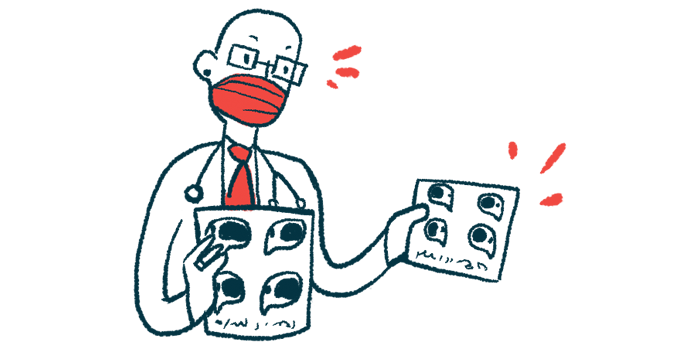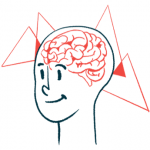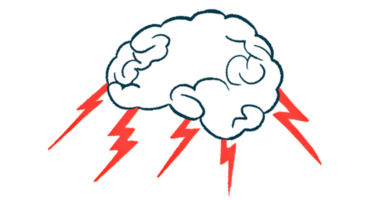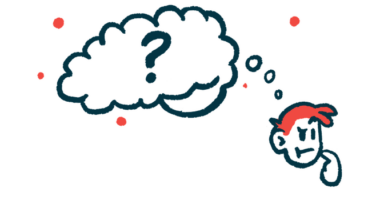Healthy Connections in Brain May Be Needed for Cognitive Rehab
Brain regions must work correctly for patients to see program benefits

People with multiple sclerosis (MS) who responded to cognitive rehabilitation showed healthier connections between certain brain regions on functional MRI scans than did MS patients who did not respond to the rehab program, a new study reports.
These results indicate that certain brain regions need to be working correctly if cognitive rehabilitation programs are to offer any benefit, the researchers said.
For MS patients with “higher baseline [starting] functional connectivity,” there may be a “window of opportunity for successful cognitive interventions,” the team noted.
The study, “A randomized trial predicting response to cognitive rehabilitation in multiple sclerosis: Is there a window of opportunity?” was published in the Multiple Sclerosis Journal.
Cognitive difficulties are a common symptom of MS. A number of rehabilitation methods that aim to improve cognition in MS patients have been explored, but results are often varied and inconsistent, with some patients appearing to benefit from these programs while others do not.
The reasons for these differences in response are poorly understood. Here, a team led by scientists in the Netherlands conducted a study to learn more.
Investigating cognitive rehabilitation in MS
The study included 82 people with MS, as well as 21 individuals without any known health conditions who were matched to patients in age, sex, and education. At the study’s start, all of the patients underwent functional MRI, a type of brain imaging that assesses connections between different brain regions.
While some of the MS patients were left on a waiting list as a control group, 58 patients were assigned to use a computer-based rehabilitation program called C-Car. The C-Car program is given as a 45-minute session once weekly for seven weeks.
The program, which is designed to improve attention, simulates driving a car while providing information-processing tasks like forming words from road signs.
After completing the rehab course, patients underwent a battery of cognitive assessments. Those who showed a meaningful improvement in at least two of six domains — verbal memory, information processing speed, working memory, verbal fluency, visuospatial memory, and attention — were deemed to have “responded” to the therapy.
In total, there were 22 responders, while the other 36 were deemed non-responders. Responders included two patients who improved on four domains, seven who showed meaningful improvements in three domains, and 13 with improvements in two cognitive domains.
The two groups — responders and non-responders — were generally comparable in terms of demographic and clinical characteristics. However, a marked difference was noted in functional MRI scans, specifically in measures regarding connectivity with a set of brain regions called the default-mode network, or DMN.
Prior research has indicated that this brain region is generally more active when a person is doing something that doesn’t require a lot of close attention. As such, these results have suggested that increased DMN activity is tied to worse performance on assessments of attention.
In MS patients who responded to the C-Car intervention, DMN connectivity measures were generally comparable to what was seen in people without MS. By contrast, non-responders showed significantly higher DMN connectivity compared with either responders or healthy controls.
“This relationship between alterations in DMN connectivity and treatment response is in line with previous results and may be explained by the anti-correlation between DMN and attention networks both in tasks and during rest,” the researchers wrote.
“Perhaps in non-responders, the DMN insufficiently deactivates when needed, and as such shows an increased connectivity with attention networks,” they added.
Overall, the results indicate that healthy functional connectivity in the DMN may be required for cognitive interventions to be useful, the team concluded.
“The similarity of our results to those of previous studies with different patient cohorts and interventions, might suggest that our results are generalizable to other cognitive rehabilitation approaches,” the team wrote. “This should be further investigated in future studies; if it is indeed the case, this could indicate a mechanism that affects response regardless of cognitive domains affected.”
The scientists noted that a limitation of this study is the significant variation in initial cognitive performance among the MS patients involved. Just over half of the patients (57.3%) showed overt signs of cognitive impairment, they noted.







